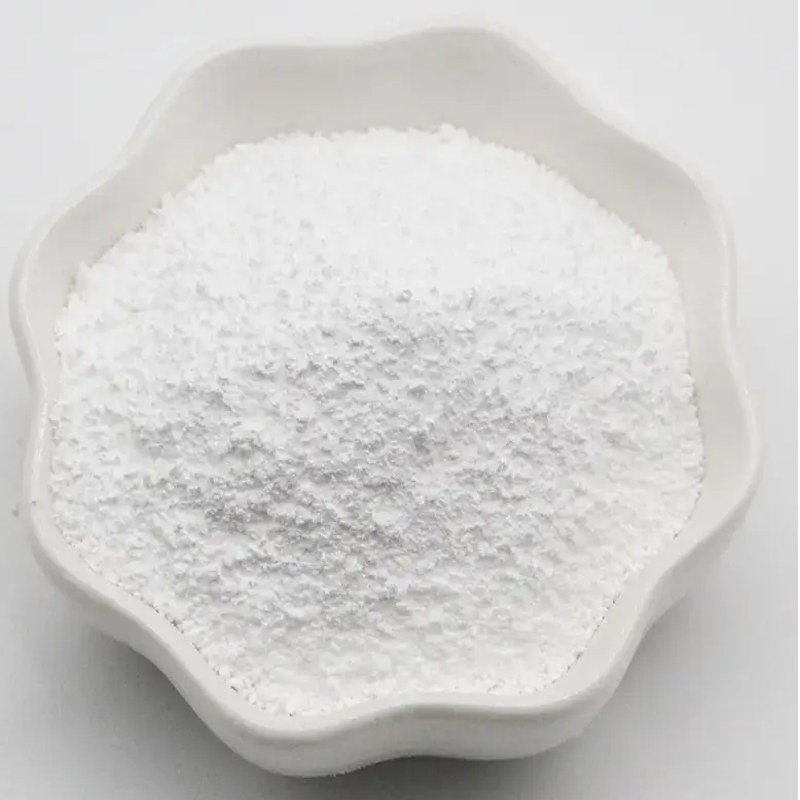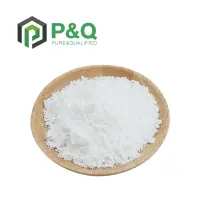-
Categories
-
Pharmaceutical Intermediates
-
Active Pharmaceutical Ingredients
-
Food Additives
- Industrial Coatings
- Agrochemicals
- Dyes and Pigments
- Surfactant
- Flavors and Fragrances
- Chemical Reagents
- Catalyst and Auxiliary
- Natural Products
- Inorganic Chemistry
-
Organic Chemistry
-
Biochemical Engineering
- Analytical Chemistry
- Cosmetic Ingredient
-
Pharmaceutical Intermediates
Promotion
ECHEMI Mall
Wholesale
Weekly Price
Exhibition
News
-
Trade Service
CytoDyn, a CCR5 antagonist with a variety of adaptive treatment potentials, announced today that the Data Safety Monitoring Board (DSMC) had raised no concerns about safety and recommended that trials continue as planned.
Phase III trial is a randomized, double-blind, placebo-controlled multi-center study designed to assess the safety and effectiveness of leonardimab in treating severe respiratory diseases caused by COVID-19.
patients were randomly treated with 700 mg of leronlimab per week (two subsulteal injections per week for 2 weeks) or a placebo.
the study was divided into three phases (a total of 28 days): screening, treatment and follow-up.
the study was the 28-day all-cause mortality rate.
secondary endpoints include (1) all-cause mortality on the 14th day, (2) changes in the clinical status of the subjects on the 14th day, (3) changes in the clinical status of the subjects on the 28th day, and (4) changes in the SOFA score relative to the baseline on the 14th day.
recently, the Data Security Monitoring Board (DSMC) reviewed safety data for 149 of the 169 patients it included in the study, and the DSMC raised no concerns about safety and recommended that trials continue as planned.
CCR5 is a G protein conjunctivation, belonging to the integrated membrane protein beta-100mor family members, in the chemical factor group to play the role of the coercion factor- subject.
CCR5 is mainly expressed in T-cells, macrophages, dexterous cells, eosinophils, small glial cells, and cell subpopulations of breast or prostate cancer.
CCR5 is selectively induced during cancer degeneration and is not expressed in normal breast or prostate epithal cells.
about 50% of human breast cancers express CCR5, mainly triple-negative breast cancer.
.







